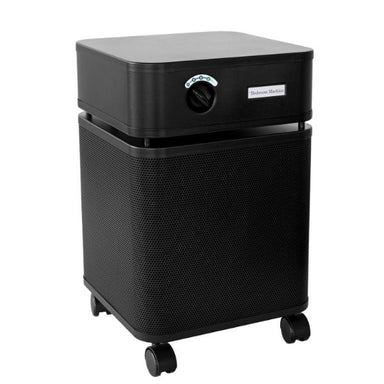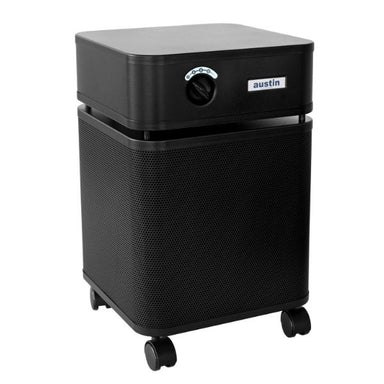
Allergies & Asthma
Cleanse the air you breathe to get you feeling better.
Whatever your air needs, we've got you covered!

Cleanse the air you breathe to get you feeling better.

Search air purifiers designed to help with compounds like fragrances, formaldehyde, and other chemical fumes.

Activated charcoal and hepa filters may help with Mold and Mildew.

Dog or Cat hair/dander clogging up your air? Shop these air purifiers!

Whether it's tobacco, wildfire, or something else, these air purifiers are just the thing you need.

No matter the virus or bacteria, a quality hepa filter is the answer.

A proper carbon filter can help with VOCs

Not sure what you need? Browse everything we carry.

Cleanse the air you breathe to get you feeling better.

Search air purifiers designed to help with compounds like fragrances, formaldehyde, and other chemical fumes.

Activated charcoal and hepa filters may help with Mold and Mildew.

Dog or Cat hair/dander clogging up your air? Shop these air purifiers!

Whether it's tobacco, wildfire, or something else, these air purifiers are just the thing you need.

No matter the virus or bacteria, a quality hepa filter is the answer.

A proper carbon filter can help with VOCs

Not sure what you need? Browse everything we carry.

Austin Air Bedroom Machine Air Purifier
Austin Air Bedroom Machine is Ideal for: Those looking for protection against contaminants such as viruses and bacteria. People who have difficul...
View full details Save 15%
Save 15%
AllerAir AirMedic Pro 6 Ultra S — Smoke Eater Air Purifier
Purifies up to 1,800 sq. ft. based on 8 ft. ceilings Ideal for: Areas and rooms where smoke and odor are a serious concern for you Wildfire zones...
View full details
Austin Air HealthMate Jr. Air Purifier HM200
Ideal for: Those looking for protection against contaminants such as viruses and bacteria. Individuals with concerns about their indoor air quali...
View full details Save 13%
Save 13%
AllerAir AirMedic Pro 5 MCS Air Purifier
Purifies up to 1,500 sq. ft. based on 8 ft. ceilings Ideal for: People who suffer from Multiple Chemical Sensitivity (MCS) and Chemical Injuries ...
View full details
Effective Against: Viruses, Pollen, Bacteria, Mold, Smoke, VOCs, Cooking Odors, Pet Dander, Formaldehyde, and more! Room Coverage: Treats Up To 1,0...
View full details
Austin Air HealthMate Air Purifier
Ideal for: Those looking for protection against contaminants such as viruses and bacteria. Individuals with concerns about their indoor air quali...
View full details
Austin Air HealthMate Plus Air Purifier
Ideal for: Those who need an efficient way of removing wood-burning smoke, formaldehyde, and other dangerous VOCs. Individuals suffering from Mul...
View full details
Purifies up to 2,000 sq. ft. with 360° air distribution. Removes: Household chemicals Pollen Mold spores Dust Allergens Odors Ideal for: People ...
View full details Sale
Sale
Purifies up to 2,000 sq. ft. with 360° air distribution. Removes: Bacteria Antigens Pathogens Mold spores Airborne chemicals Ideal for: People w...
View full details